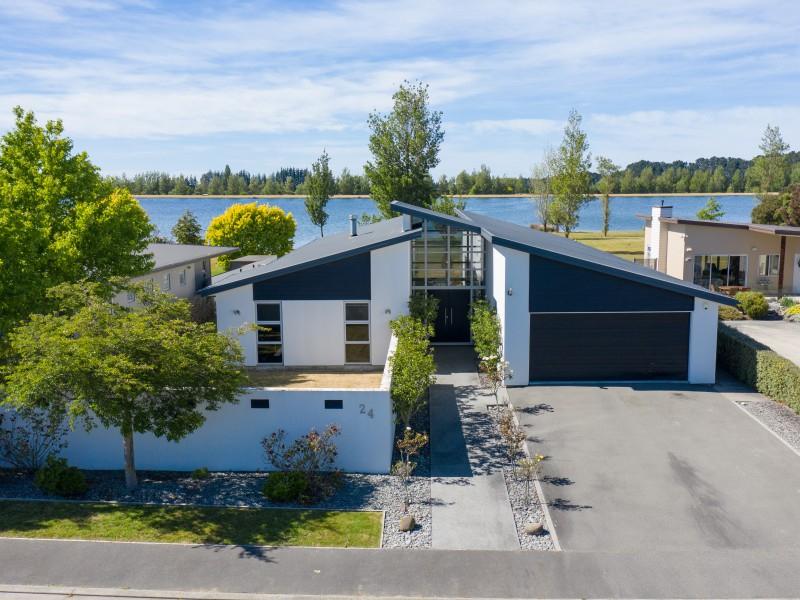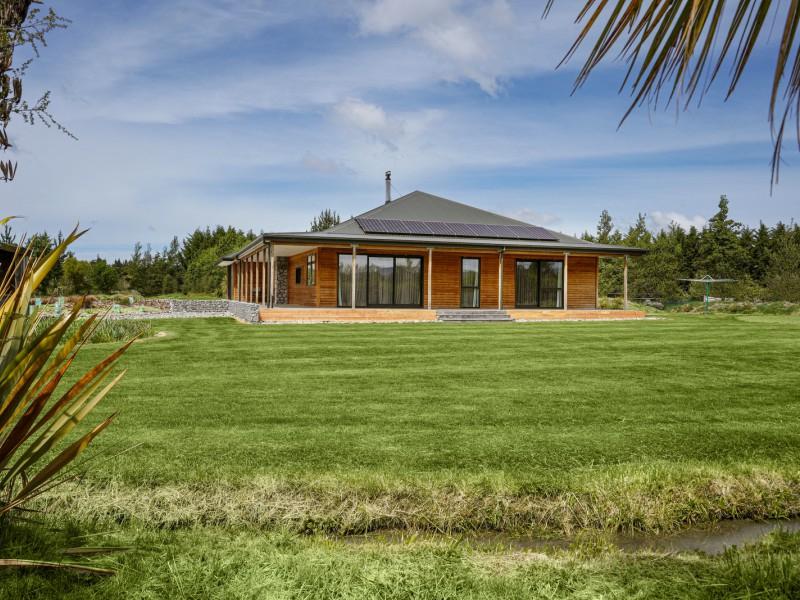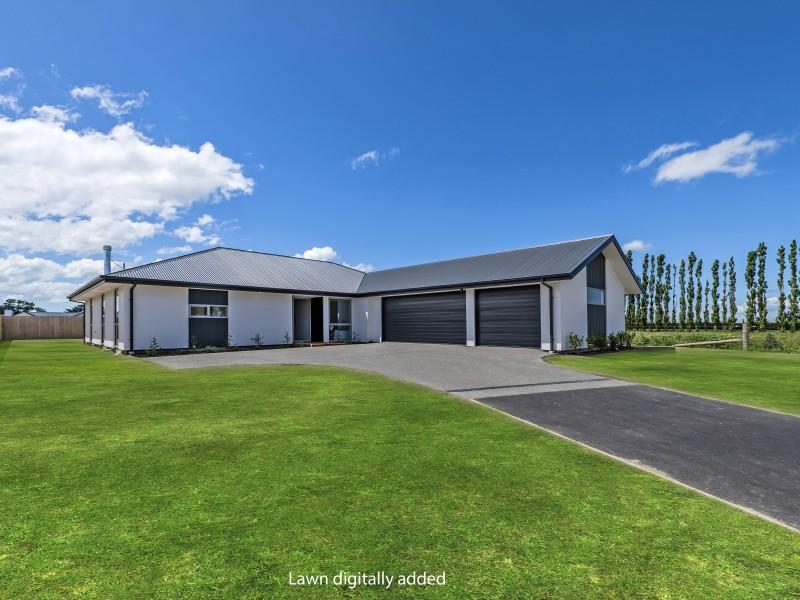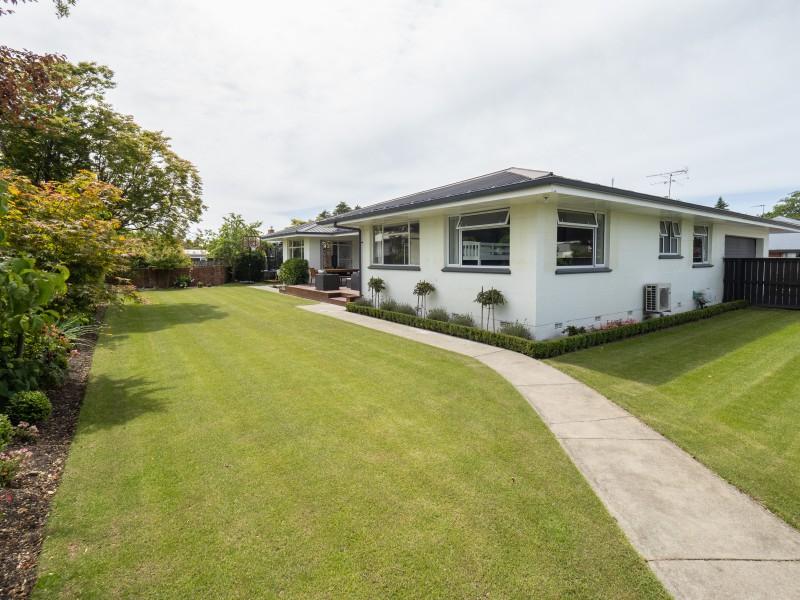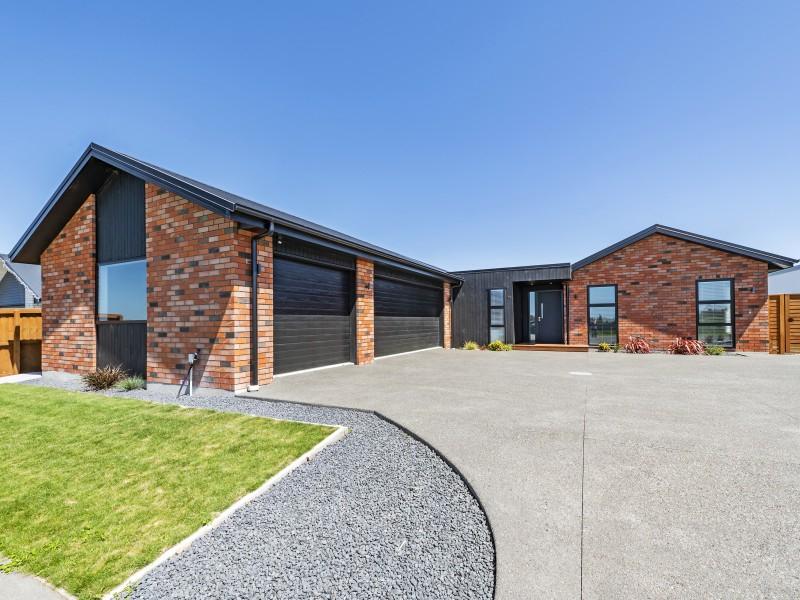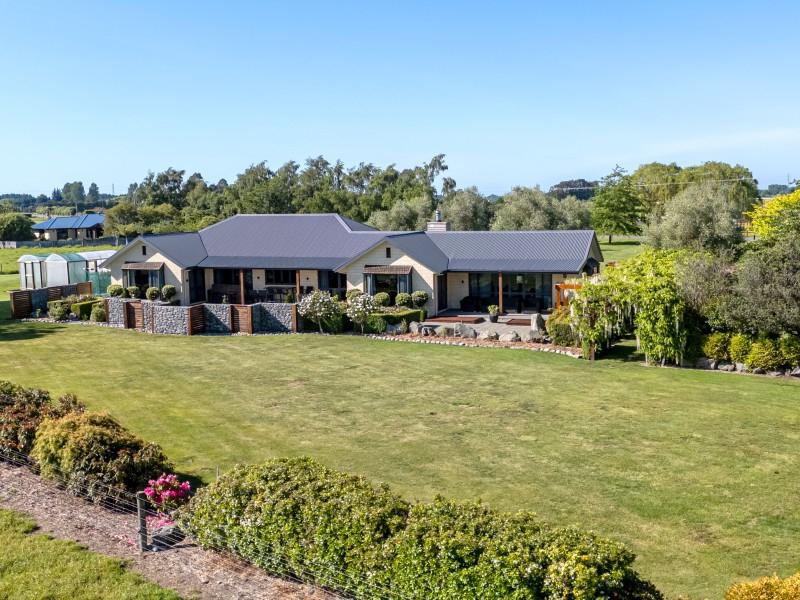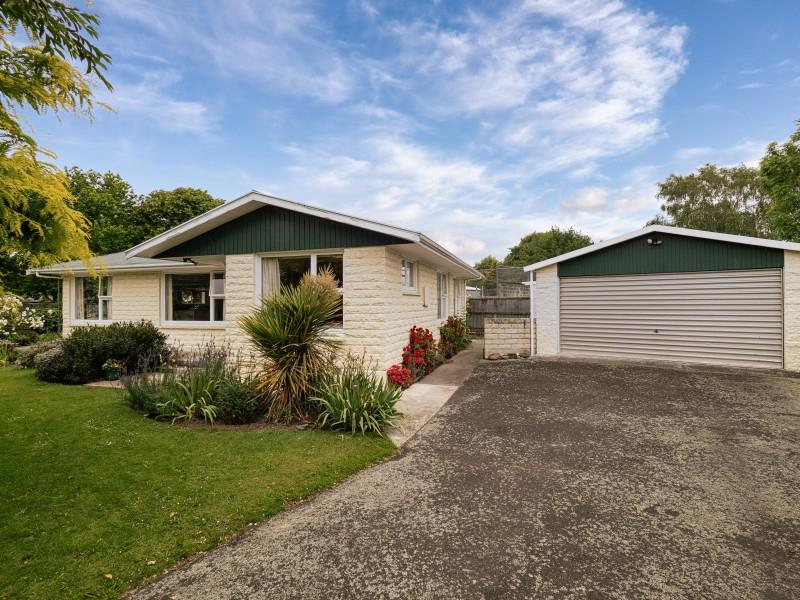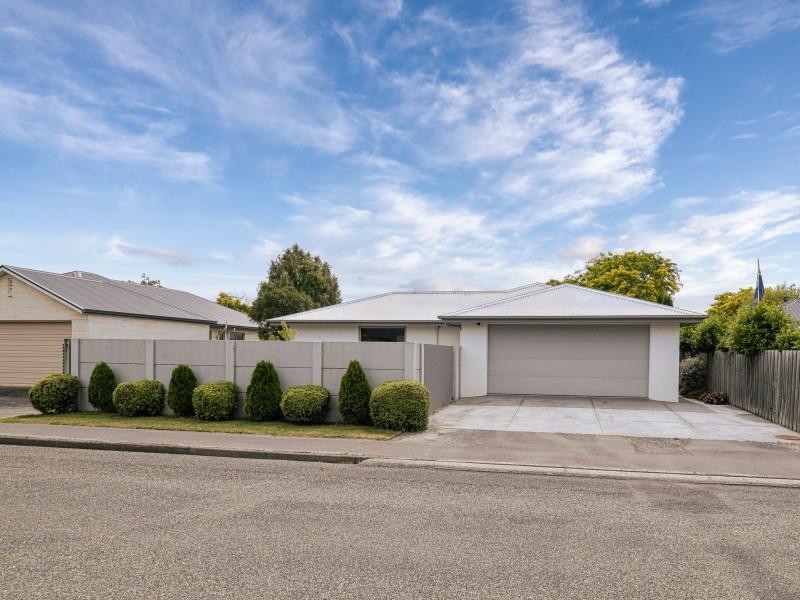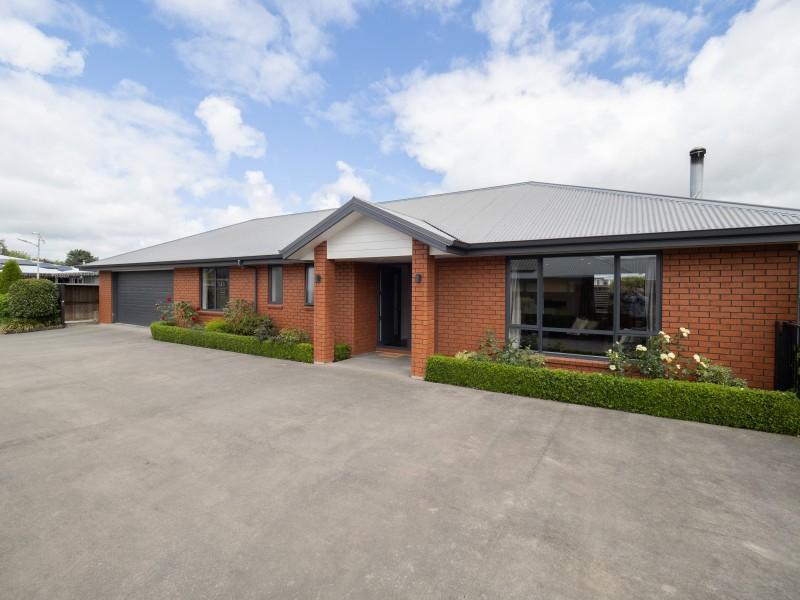Frustration as ‘proven’ water project stalls
By local democracy reporter Jonathan Leask:
There is growing frustration that a project with proven environmental gains is being stalled by red tape.
It is nearly two years since the Hekeao/Hinds Water Enhancement Trust (HHWET) lodged resource consent applications to expand its project to improve the quality of river and groundwater.
It is already New Zealand’s largest managed groundwater rehabilitation project but further expansion has now stalled with the consent process heading to a hearing in October.
“We know what we are doing is working,” executive director Brett Painter said.
The Trust started with just one Managed Aquifer Recharge(MAR) pond in 2016 and has expanded its site numbers to 15.
They applied to ECan for resource consent to operate MAR sites at 34 locations, 14 existing and 20 new sites, in 2022.
Painter presented an annual update to the Ashburton Water Zone Committee last week and said the delays in the consent process have put the Trust two years behind.
He says delays mean “the clock is ticking towards 2035” – the date that ECan’s Canterbury land and water regional plan requires median annual shallow groundwater concentrations of nitrate-nitrogen be less than 6.9 mg/l.
“We are behind in getting up to speed and being able to get the sites in the ground, water in the ground, and measure the results,” Painter said.
“The evidence very clearly shows where these targeted enhancements are happening, that they are having the benefit across the whole ecosystem health spectrum.”
Zone committee chairperson Bill Thomas said the hold up in the consent process and associated costs is a shame “when we are looking for tools to try and help the nitrate problems”.
“One is staring us in the face and it's run into a brick wall.”
Ashburton District councillor Richard Wilson said it is a big investment for the community and there is “a lot of money going around in a circle”.
He said the community is paying targeted rates to ECan towards HHWET’s operations to improve water quality and the environment, but a lot of money appears to be going towards consents rather than actions.
“Sure you need consents, but it’s spending a lot of money to do something that ECan said we want you to do.
“I understand there are people against it, but you hope they will see the outcome at the end is better than not doing anything at all.”
ECan consents manager Aurora Grant said the five resource consent applications are for a large-scale activity and will significantly increase the scale – proposing to use more than six times the current amount of water.
“The scale and complexity of the proposal, and additional information which the applicant has needed to provide has meant that the processing of these applications has taken some time.”
As ECan had a facilitatory role in the investigation stages of the project, the application process has been independently contracted out.
An independent commissioner decided that the applications required public notification, with 79 submissions received and a hearing being organised for October.
****What the project does
MAR sites contain infiltration basins, which act like big leaky ponds. The basins are filled with high-quality water that seeps down and recharges the groundwater.
This enhances ground and surface water quality and quantity. Near river recharge (NRR) is the same but is located in a river’s flood plain, so that river flow and quality are enhanced.
Hekeao/Hinds Water Enhancement Trust Limited (HHWET) and Rangitata Diversion Race Management Ltd (RDRML) are seeking resource consents for managed aquifer recharge (MAR) and near river recharge at 37 locations in the Hekeao/Hinds catchment.
These sites require up to 3,200 l/s of surface water in addition to HHWET's already consented 500 l/s. RDRML has applied to use some of its consented take from the Rangitata River to support HHWET operations.
Worst Xmas ever?
There's a a lot of planning that goes into Christmas day and sometimes things just don't go to plan. But it can be a good thing - a family mishap or hilarious memory that you can laugh about in Christmases to come.
Whether you burnt the dinner or were stranded at an airport...
Share your Christmas mishaps below!

⚠️ DOGS DIE IN HOT CARS. If you love them, don't leave them. ⚠️
It's a message we share time and time again, and this year, we're calling on you to help us spread that message further.
Did you know that calls to SPCA about dogs left inside hot cars made up a whopping 11% of all welfare calls last summer? This is a completely preventable issue, and one which is causing hundreds of dogs (often loved pets) to suffer.
Here are some quick facts to share with the dog owners in your life:
👉 The temperature inside a car can heat to over 50°C in less than 15 minutes.
👉 Parking in the shade and cracking windows does little to help on a warm day. Dogs rely on panting to keep cool, which they can't do in a hot car.
👉 This puts dogs at a high risk of heatstroke - a serious condition for dogs, with a mortality rate between 39%-50%.
👉 It is an offence under the Animal Welfare Act to leave a dog in a hot vehicle if they are showing signs of heat stress. You can be fined, and prosecuted.
SPCA has created downloadable resources to help you spread the message even further. Posters, a flyer, and a social media tile can be downloaded from our website here: www.spca.nz...
We encourage you to use these - and ask your local businesses to display the posters if they can. Flyers can be kept in your car and handed out as needed.
This is a community problem, and one we cannot solve alone. Help us to prevent more tragedies this summer by sharing this post.
On behalf of the animals - thank you ❤️

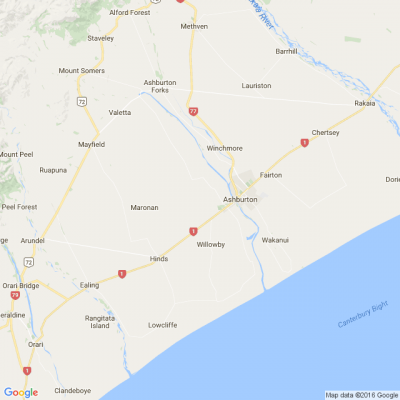
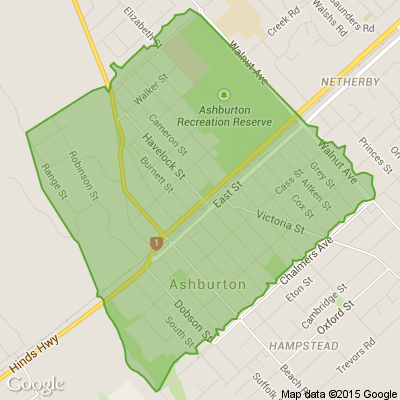








 Loading…
Loading…